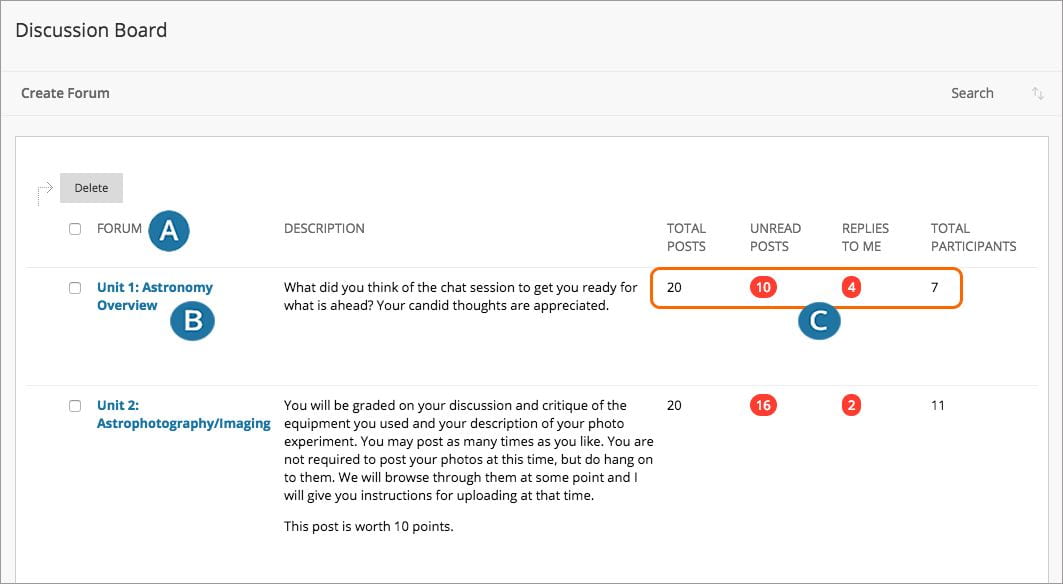How goes it everyone?
If you are a current or a former student that graduated in recent years, you are likely quite familiar with discussion boards; an online academic interaction tool that has increasingly been replacing traditional classroom debate. Since the onset of the Coronavirus Pandemic, this great replacement has only accelerated even further due to most classes shifting to an online format. Most of us students do at least a few discussion board posts every week in a given semester these days.
But do you know the theory and theorist that led to the rise of the discussion board as a staple in the academic experience of the average college student?
 Discussion boards came to us in the classroom thanks in large part to an academic by the name of Marilyn Cooper. Her theory of writing as an ecology was critical to the adaptation of the discussion board as an academic resource on a large scale.
Discussion boards came to us in the classroom thanks in large part to an academic by the name of Marilyn Cooper. Her theory of writing as an ecology was critical to the adaptation of the discussion board as an academic resource on a large scale.
If you’re like me and were immediately befuddled at the sight of the phrase “writing as an ecology”, fear not! What follows is as simple and concise of an explanation as I can muster.
Writing as it is understood by the mind of an educator has evolved greatly in the past century. Writing instruction used to focus primarily on the written product- allowing students to write a paper and then focusing on correcting surface-level structural and grammatical errors. Then the focus shifted to writing processes- focusing on teaching students how to write in a structured manner. From there we moved to focusing on the cognition of the writer- trying to shape understand the writer’s mental processes. And then, finally, Marilyn Cooper came along and introduced her theory of writing as an ecology.
What differentiates Cooper’s theory from the three mains schools of thought that came before it is her rejection of the writer as a “solitary author”; one who writes his or her work almost entirely independent of the outside world based on an imagined audience consisting of a few generalized stereotypes in the mind of the writer. Instead, Cooper postulates that all writing is interactive and is based on the norms and other factors of its time, and that in order to properly teach writing, educators should seek to facilitate writing peer communities that serve as a genuine audience for the writer, in stark contrast to the generalized imaginary audiences of the theorists that preceded her.
And it is this theory that laid the groundwork for the widespread adoption of the discussion board; it is meant to serve as an interactive and genuine audience for us students as writers. Do you think it achieves that purpose?
That’s about all I have time to say without droning on and boring you, but feel free to follow the hyperlink above if you want to read more about Marilyn Cooper and her theories!
Cheers!